I'll come back to the score in a later post, after I've had time for a little research...
For now, I'd like to add a few remarks on costuming. In particular, I'm struck by the uniforms, which do have a certain period flair. U.S. News & World Report remarks on the "hints of history," in this piece. But I disagree somewhat that "Edward Norton plays the leader of a fascist army reminiscent of the Nazis in Wes Anderson's The Grand Budapest Hotel." That caption falls under the following picture.
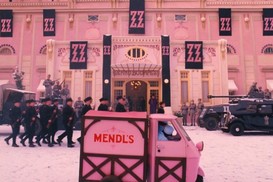
But the gray uniforms are an imitation of Austrian soldiers of the First World War. I'm not sure just what designer Milena Canonero had in mind, but I can't resist comparing with Jozef Lada's illustrations for The Good Soldier Švejk.
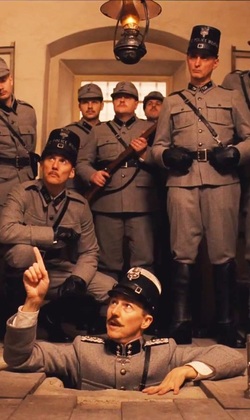 Another image from GBH for comparison. Credit: Fox Searchlight
Another image from GBH for comparison. Credit: Fox Searchlight 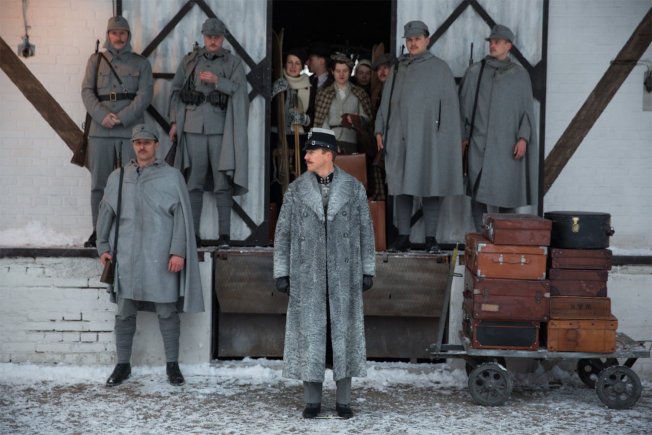
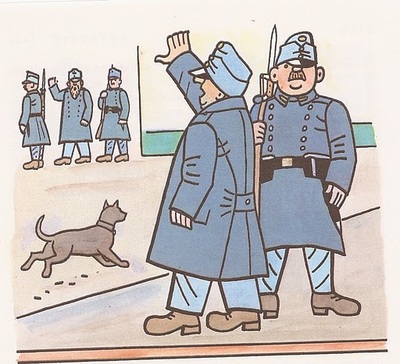
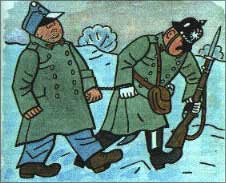
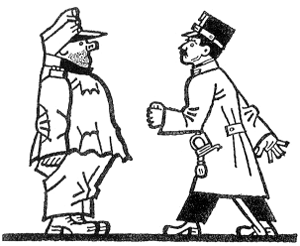
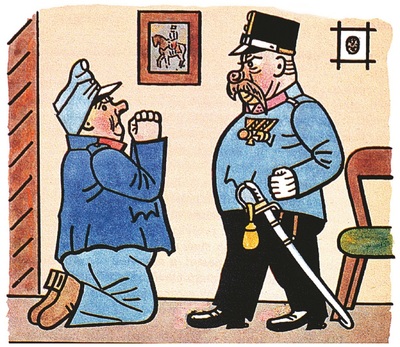
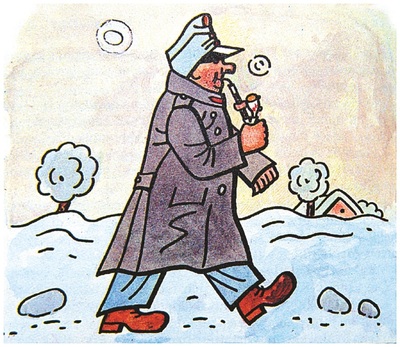
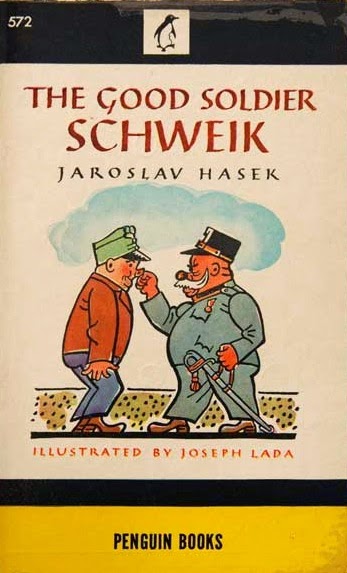
 RSS Feed
RSS Feed